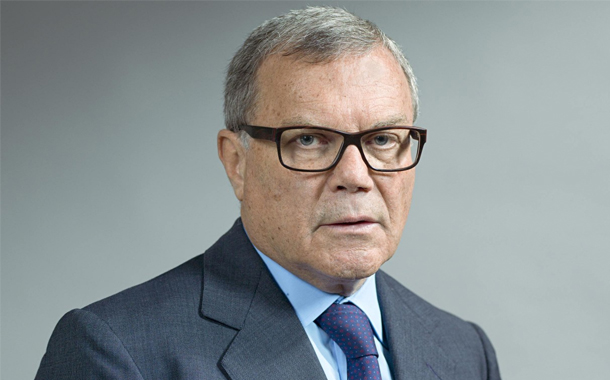The world’s biggest advertising group has been hit by consumer goods clients such as Unilever cutting spending and by Google, Facebook and consultants Accenture encroaching on its turf, forcing it to cut its outlook three times in 2017.
“2017 for us was not a pretty year,” WPP’s founder Martin Sorrell said, adding it would accelerate a plan to simplify the group which employs more than 200,000 people in 112 countries through agencies including JWT, Ogilvy & Mather and Finsbury.
Shares in WPP dropped by 14 percent, putting it on track for its worst day since 1998 and wiping 2.3 billion pounds off its market value.
Globally WPP’s organic revenue fell by 0.9 per cent, while in the region encompassing APAC, the Middle East and Central Europe, the figure dipped by 0.8 per cent from 2016.
However, despite the shrinking revenue both globally and regionally, the company reported its optimism in Asia, particularly citing China, India and Japan as markets with strong economic prospects for 2018.
In addition, WPP said it was “buttressed” by economies such as Indonesia, Vietnam and the Philippines.
Yet on the whole, Sir Martin Sorrell described 2017 as “not a pretty year” due to the flat like-for-like top line growth and operating profits.
North America, where net sales fell 3.2 percent, hit the company’s figures particularly hard, while the United Kingdom was one of the strongest performers.
For this year, the company stated its budgets were being set on the basis it would see flat growth for revenue and net sales.
WPP cited Facebook and Googles’ role in “disintermediating agencies”, the company refrained from blaming the infamous duopoloy outright. Instead, Sir Martin pointed to “the long-term impact of technological disruption and more the short-term focus of zero-based budgeters”.
In addition, the company pointed to clients’ demands for “faster, better, cheaper” agency partners, indicating further consolidations were on the horizon.
This week, WPP’s public relations agencies Burson Marsteller and Cohn & Wolfe became the latest victims of the consolidation train, following in the footsteps of MEC and Maxus, Wunderman and Possible and the six agencies collapsed into Superunion.
The report said: “This escalation will continue as we continue to work with clients on developing the ‘agency of the future’ and who, at the same time, demand faster, better, cheaper”.

















